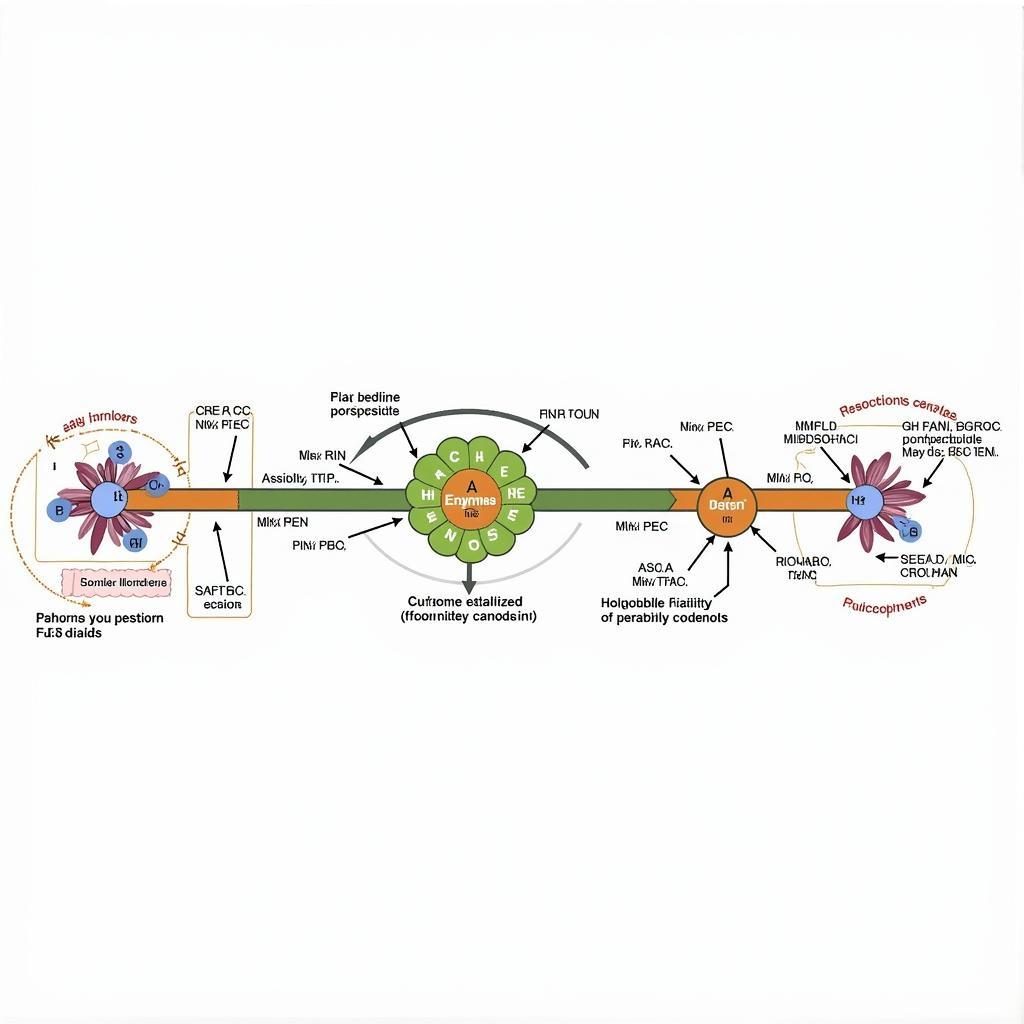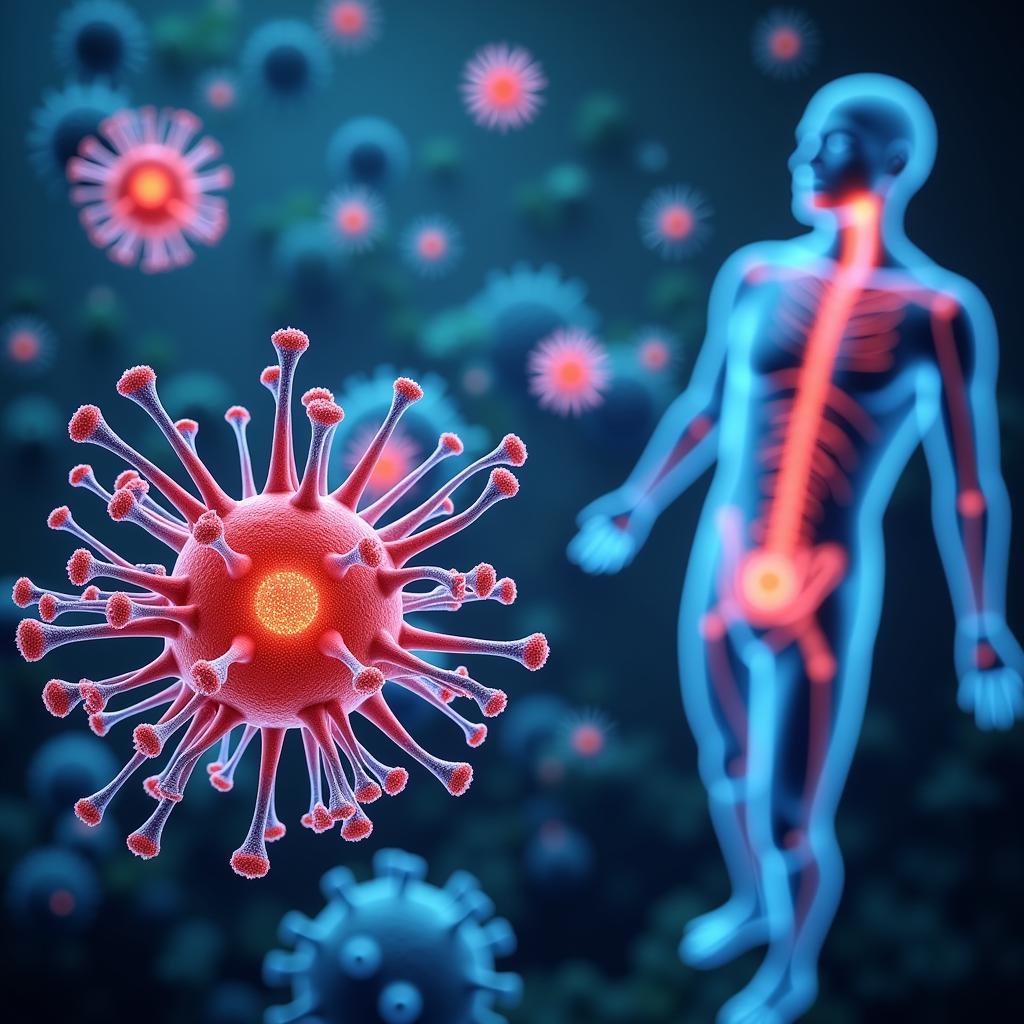The intersection of autism spectrum disorder (ASD) and alternative therapies is often fraught with misinformation and anecdotal claims. One such example is the purported link between Asea and autism, a topic that generates considerable interest and confusion among parents and caregivers seeking solutions for their loved ones. This article delves into the available information surrounding Asea and autism, aiming to provide clarity and separate evidence-based findings from unsubstantiated claims.
What is Asea?
Asea is a multi-level marketing company that sells a range of health and wellness products, with its flagship product being a drink marketed as a “redox signaling supplement.” According to the company, Asea’s solution contains “balanced, stabilized molecules” similar to those found naturally in the human body, which are claimed to support cellular communication and overall health.
Asea and Autism: Examining the Claims
Proponents of Asea often suggest that the drink can alleviate symptoms of autism, improve communication skills, and enhance cognitive function in individuals with ASD. These claims, however, are largely based on anecdotal evidence and testimonials rather than rigorous scientific studies.
To date, there is no credible scientific evidence to support the notion that Asea can cure, treat, or improve the symptoms of autism. The claims made by Asea distributors and advocates often stem from personal experiences or observations, which can be easily misconstrued or influenced by various factors unrelated to the product itself.
The Importance of Evidence-Based Approaches
While it’s understandable that families affected by autism are constantly searching for effective interventions and therapies, it’s crucial to approach such claims with a critical eye and prioritize evidence-based practices. Relying on anecdotal evidence or unverified claims can be misleading and potentially harmful.
Seeking Reliable Information and Support
Navigating the world of autism can be overwhelming, especially when bombarded with conflicting information. It’s essential for individuals and families affected by ASD to:
- Consult with qualified healthcare professionals: Seek guidance from doctors, therapists, and specialists experienced in diagnosing and treating autism.
- Rely on reputable sources: Obtain information from trusted organizations like Autism Speaks, the Autism Society, and the Centers for Disease Control and Prevention (CDC).
- Connect with support groups: Engage with other families and individuals affected by autism to share experiences, resources, and emotional support.
Conclusion
The allure of a quick fix or miracle cure can be tempting, but it’s vital to remember that managing autism requires a multifaceted, individualized approach grounded in scientific evidence. While Asea may offer potential benefits for general health and wellbeing, there is no scientific basis to support its use as a treatment or cure for autism.
Seeking evidence-based interventions, consulting with qualified professionals, and connecting with supportive communities remain the most effective ways to address the challenges and celebrate the unique strengths of individuals with autism.


